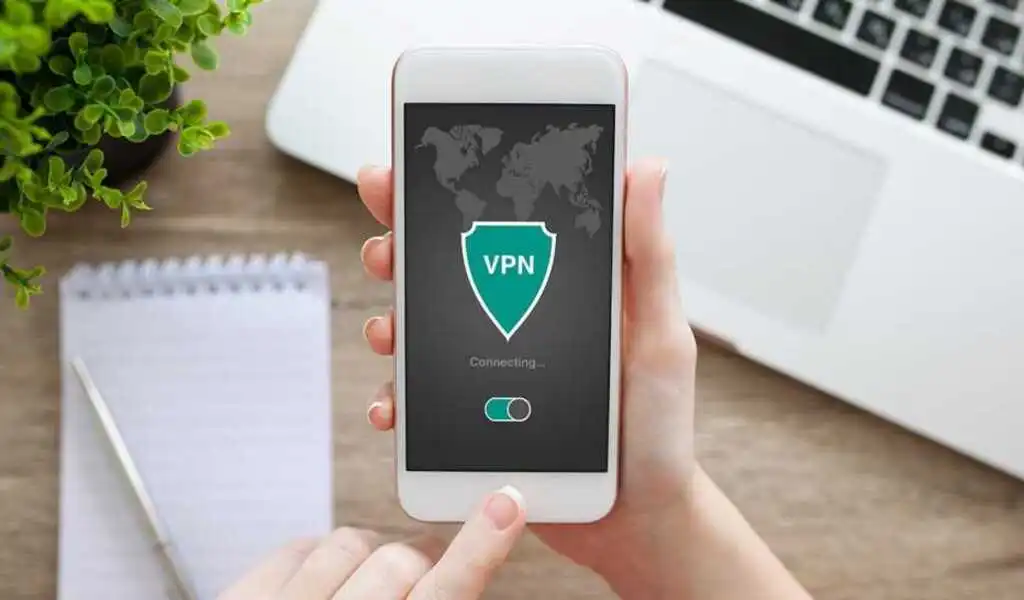According to Statista, almost 65% of the world’s population today is connected to the internet and that number is expected to rise significantly year over year. As our lives are increasingly intertwined with the internet, cybersecurity has become a paramount concern.
From online banking to social media, personal and sensitive information is constantly at risk of being compromised. To protect your data and privacy, using a Virtual Private Network (VPN) is a powerful and versatile tool. In this article, we will explore five ways to boost your cybersecurity using a VPN.
1. Enhanced Data Encryption
One of the primary functions of a VPN is to encrypt your internet connection. When you connect to a VPN server, it creates a secure tunnel between your device and the server. All data traveling through this tunnel is encrypted, making it virtually impossible for hackers and eavesdroppers to intercept and decipher your data.
This encryption is particularly crucial when you’re using public Wi-Fi networks, which are notorious for their lack of security and prying eyes. With a VPN, you can browse the internet, send emails, and conduct your business with confidence, knowing your data is secure.
2. Anonymous Browsing
VPNs also provide anonymity by masking your IP address. Your IP address is a unique identifier that can be used to track your online activities, making you susceptible to online surveillance and tracking. When you connect to a VPN, your true IP address is hidden, and you’re assigned a new one from the VPN server.
This means that websites, advertisers, and even your internet service provider (ISP) won’t be able to monitor your online behavior.
This anonymity adds an extra layer of privacy, preventing websites from profiling and targeting you based on your browsing history. If you are looking for a free VPN, it is important to ensure that you monitor your bandwidth usage, so you know when your coverage is done.
3. Geo-Spoofing and Access to Restricted Content
VPNs can help you access region-locked content and services. Some websites and streaming platforms restrict access to specific regions or countries. By connecting to a VPN server in the desired location, you can circumvent these restrictions and access content as if you were physically present in that region.
This feature is not only convenient for accessing your favorite TV shows and movies while traveling but also for unblocking censored websites and services in countries with strict internet censorship.
4. Protection from Cyber Threats
VPNs are effective tools in defending against various cyber threats. With features like a built-in firewall and malicious website blocking, they can safeguard you from phishing attacks, malware, and other online dangers.
VPNs also add an extra layer of security when you’re torrenting or file sharing by concealing your IP address and making it more difficult for copyright trolls and cybercriminals to trace your online activities.
5. Secure Remote Access
In an increasingly remote and distributed work environment, securing your remote access is vital. Many businesses use VPNs to create secure connections for remote employees.
By connecting to the company’s VPN, employees can access sensitive company data and systems from anywhere securely. This ensures that confidential information remains protected even when employees are working from unsecured public networks.
What if I don’t Want to Use a VPN?
The goal of this article is to not sell you the dream that a VPN is your sole tool for cybersecurity. There are other things and tools that you can implement to protect your digital presence.
One of such tools is a DNS Management Service. What exactly does a DNS Management Service do? Well if a smart DNS service gives you granular control over your entire DNS traffic.
Allowing you to blacklist and whitelist specific domains, apps and even control the usage of your internet. It should give you comprehensive DNS filtering and provide filters against malware and phishing attacks.
The one common drawback with DNS Management Services in comparison to VPNs is that you require a little more technical knowledge to deploy and customize them.
Final Note
A VPN is an invaluable cybersecurity tool that can significantly enhance your online safety and privacy. Whether you’re concerned about data security, anonymity, or accessing geo-restricted content, a VPN can provide a solution.
While VPNs are not a silver bullet and should be used in conjunction with other security measures, they are a fundamental component of a robust cybersecurity strategy. By incorporating a VPN into your online routine, you can navigate the digital landscape with greater confidence and peace of mind. Remember to choose a reputable VPN service, as not all VPNs offer the same level of security and privacy protection.
SEE ALSO: Wondershare Recoverit V12 for Mac Review: Best Data Recovery Tool for Mac
⚠ Article Disclaimer
The above article is sponsored content any opinions expressed in this article are those of the author and not necessarily reflect the views of CTN News






